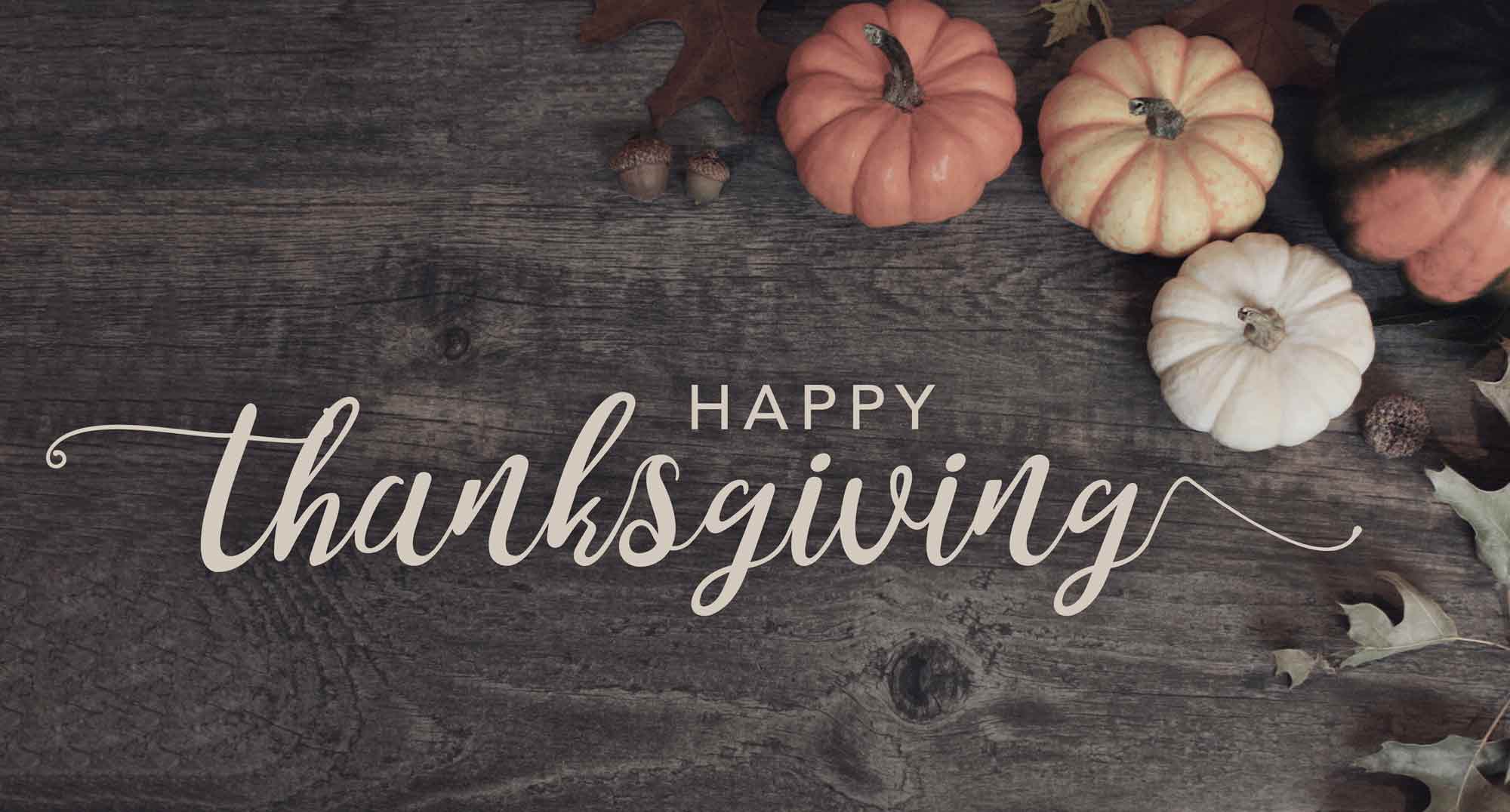The Red Carpet of God’s Faithfulness
BETHANY BELUE|GUEST My grandmother was a librarian. Each time I visited her little white house she would have a new book waiting for me. From a young age she gave me a love of story, a love of diving into someone else's thoughts and words bringing adventure to life. To this day, I love getting lost in someone else’s story. I love those beginning chapters that set up the plot, the page-turning chapters when you don’t know what’s going to happen, and then the best part: when it all comes together to a satisfying conclusion. Recently, I’ve been challenged to think about my own story. What do I see in the twist and turns, the moments of not knowing what is going to happen next, and the parts that could be considered an adventure but don’t always make sense? A Red Carpet of Faithfulness At 29, I was a single girl living in New York City, on the cusp of a big life decision. I’ll never forget sitting in a downtown Manhattan office building with a sweet friend seeking her advice on what I should do. I wanted her to tell me exactly what to do (or maybe what not to do). She was the type of friend who could be honest with me, but in a gentle way. To my surprise, instead of telling me what I should do, she began asking questions about my life. She asked me to recount different seasons of my life when I was unsure of what to do and what led me to take the next step. She sat there quietly, just listening, and then she said something that changed my life in a significant way. In her soft voice she said, “Bethany when I hear your story, it makes me think about a red carpet. As you look back on your life, you see the red carpet being rolled out for you. However, that red carpet isn’t a carpet at all, but God’s faithfulness in your life...










